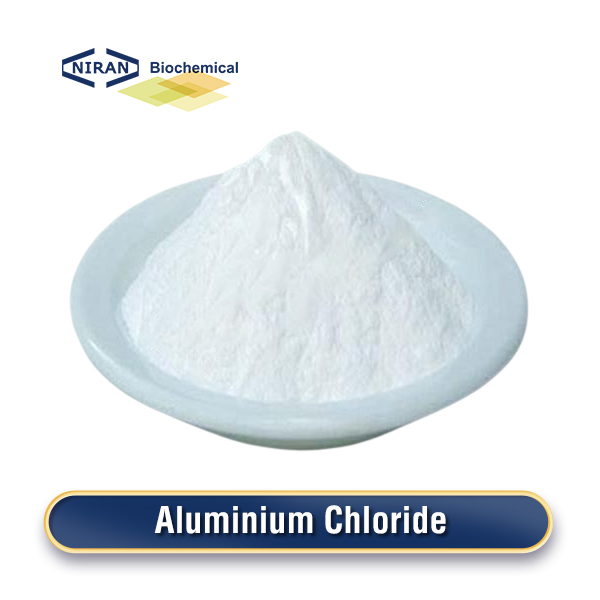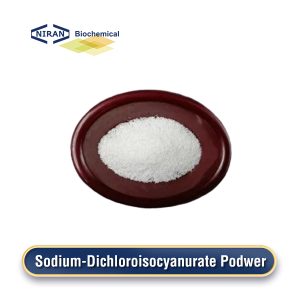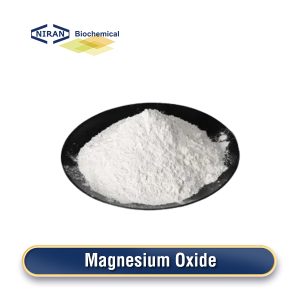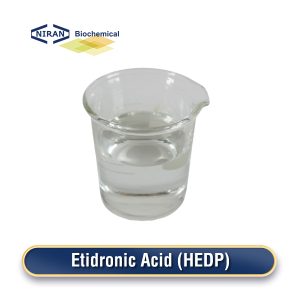Aluminium Chloride
- CAS Number: 7446-70-0
- Chemical Formula: AlCl3
- MOQ: 1000KG
- Shelf Life: 2 years
- Types: Powder, Granular
- Synonyms: Aluminium Trichloride
Product Description
What Is Aluminium Chloride?
Aluminium Chloride (AlCl₃) is a versatile catalyst in Friedel-Crafts reactions, appearing as a white to pale yellow crystalline solid in its anhydrous form. Aluminium Chloride also finds applications in the manufacturing of dyes, pharmaceuticals, and synthetic rubber. Preparation Method:
Aluminium Chloride is commonly prepared by the direct reaction of metallic aluminium with chlorine gas at elevated temperatures. Alternatively, it can be produced by reacting aluminium oxide (Al₂O₃) or aluminium hydroxide (Al(OH)₃) with hydrochloric acid (HCl), especially for hydrated forms. These methods ensure high purity and tailored properties for industrial applications.
Related Parameters:
| Items | Standards |
| Purity | ≥ 99% |
| Moisture Content | ≤ 0.5% |
| Free Aluminium Content | ≤ 0.01% |
| pH (5% Aqueous Solution) | 2.5–3.5 |
| Iron (Fe) Content | ≤ 0.005% |
| Heavy Metals (Pb, As, etc.) | ≤ 0.002% |
Recommended Dosage of Aluminium Chloride:
| Applications | Dosage |
| Catalyst in Organic Synthesis | 1–5% |
| Dye Manufacturing | 2–10% |
| Pharmaceuticals | 0.5–5% |
| Water Treatment | 5–15 ppm |
| Rubber and Polymer Production | 1–3% |
Aluminium Chloride Has Wide Range of Uses:
Organic Synthesis Catalyst: Aluminium Chloride is commonly used in organic synthesis, especially in Friedel-Crafts alkylation and acylation, to produce aromatic compounds, pharmaceuticals, and petrochemicals.
Dye and Pigment Manufacturing: Aluminium Chloride catalyzes the synthesis of dyes and pigments in the dye industry.
Rubber and Polymer Production: As a catalyst, Aluminium Chloride is key in producing synthetic rubber, plastics, and polymers.
Water Treatment: Aluminium Chloride acts as a coagulant in water treatment, removing impurities and improving water quality.
Petroleum Refining: In petroleum refining, Aluminium Chloride catalyzes cracking and reforming processes.
User Asked Question:
Q: How does anhydrous Aluminium Chloride differ from hydrated Aluminium Chloride?
A: Anhydrous Aluminium Chloride (AlCl₃) is a white to pale yellow crystalline solid, highly reactive and used as a catalyst. Hydrated Aluminium Chloride contains water molecules, forming a white, deliquescent solid. The anhydrous form is more reactive, while the hydrated form is less corrosive and more stable.




